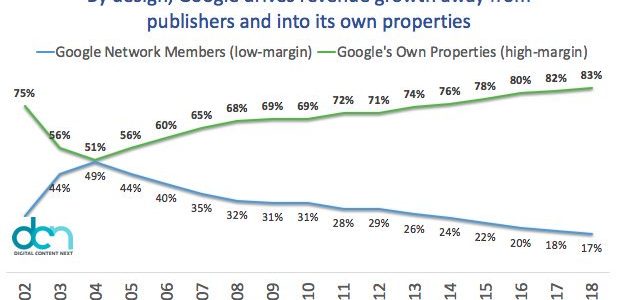
Brands who sell products on Walmart.com can now make advertising purchases through four initial partners: Flywheel Digital, Kenshoo, Pacvue, and Teikametrics. Walmart continues to step up their efforts to make Walmart Media Group, their advertising agency, a powerhouse for businesses selling online. Companies currently running Google Shopping or Amazon Sponsored Product campaigns through these API partners will be able to switch on Walmart’s Sponsored Search programs easily.
Walmart Media Group is different than most other ad agencies, since they have started to tie online data with offline shopping behavior. This is a trend we’ve been covering before and which continues as companies not traditionally known for being in advertising expand their positions. Other such companies include Amazon, Visa, and MasterCard.
This change follows other developments made by Walmart Media Group in recent months. In April 2019, Walmart Media Group acquired self-serve advertising platform Polymorph and integrated them into Walmart’s own ad targeting and measurement platform. Walmart likely hopes to attract national manufacturers and brands with these kinds of changes.
90% of Americans shop at Walmart each year.



